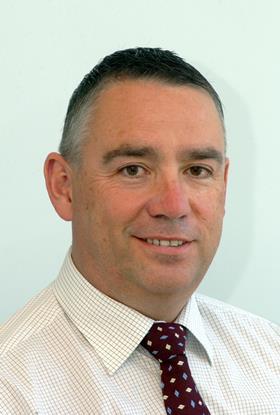
The Rural Payments Agency (RPA) has announced a package of measures to help farmers get online for the new Basic Payment Scheme (BPS).
The package includes the launch of regional digital support centres offering appointments for one to one sessions for those most in need.
Farmers applying in 2015 for the new BPS, which replaces the current Single Payment Scheme (SPS), will need to use the new Common Agricultural Policy Information Service – an online system which is designed to be as simple, affordable and effective as possible.
Letters go out this week (w/c 22 September) to 13,000 carefully-selected customers, whom RPA research has shown are most likely to be in need of help to get online. The aim is to find out what stops them getting online and what help they may require to use the new online service.
RPA Chief Executive Mark Grimshaw said: “I know from talking to farmers, local MPs and industry experts that some farmers, especially those living in remote rural communities, have concerns about getting online to make BPS applications either through lack of technical know-how or inability to access the internet.
“We want to reassure them that the RPA has carefully thought through, practical and effective solutions to overcoming these barriers to going online. We are in an excellent position to lead this drive towards digital with a track record of encouraging take-up of online applications for SPS. This year more than 70,000 claims were made online – up 27 per cent on 2013. That’s more than two-thirds of all applications.”
The first 13,000 customers being approached have always made paper claims for their SPS payments, do not use agents, have the required amount of land for BPS claims (5ha) and have no digital footprint with RPA e.g. email, unfinished online applications.
The RPA will later contact a further 12,000 customers who have some electronic history with the agency, including those who have registered an e-mail address with RPA or who have previously started, but not submitted, an SPS application online.
Customers who respond to the letters going out now will get a telephone call from a specially-trained RPA agent to talk them through the options open to them. This could be as simple as enlisting the help of a family member, friend or business contact.
Alternatively, the RPA advisor will use their knowledge of what help is available to steer customers to other local sources of support such as charities offering technical help or towards, free or cheap IT training. Some may wish to consider investing in a paid for farm agent who would be able to file the claim for them.
This ‘triage’ process will also identify those most in need of extra help who will be offered face-to-face sessions with an RPA representative at their local Digital Support Centre. These centres are currently being trialled at Exeter, Penrith and Carlisle but the plan is to roll them out across England by early next year. The ambition is to ensure that farmers are never more than 30 miles from such a support centre. Remaining locations will be announced in due course.



